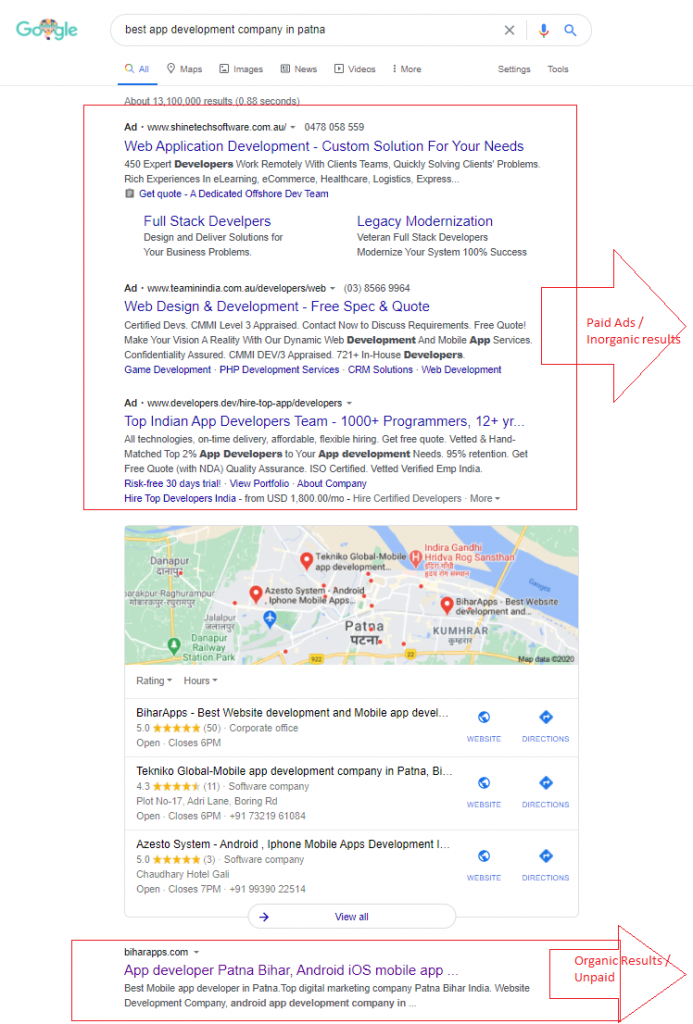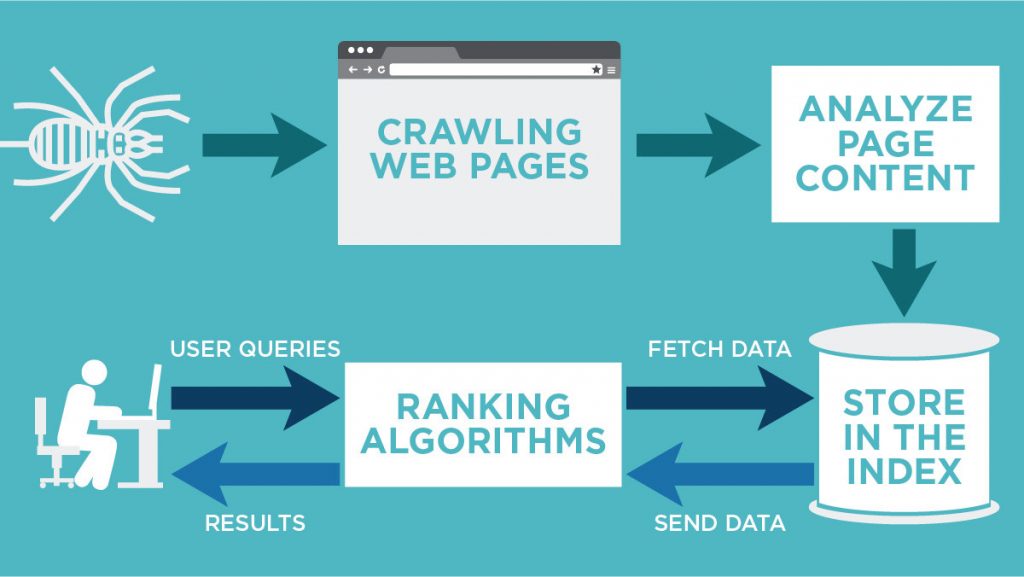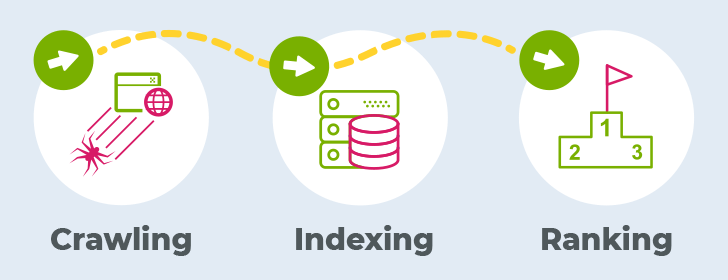Before answering this question, we have to understand how the search engine works?
In simplest terms, think a search engine as a website on which you are putting any query for search and it’s showing you the results. Search engines like Google and Bing works in the same way and in return, they provide you with the list of websites, images, news, videos, etc. which is relevant to your query.
Why its important for search engines to show the relevant results?
Now think of a situation, where the answers or list of websites are not relevant to your search query or what you were expecting or looking for? So either you have made a wrong query or the search engine was unable to understand it. In any case, it will be the search engine which will suffer as the user will switch to another search engine. This is a normal tendency of human to shift the blame on others(no offence) and the same happens here where the search engines has to take the blame. So its, important for the search engines to provide you with the most relevant results and which are original and authentic as compared to other websites or results.
Why it’s important to come on the first page of Google/Bing?
It is important for the search engine to rank the most relevant results on the top of the search and then other relevant results in descending order. Generally, a search engine shows 10 results per page and so there are opportunities for 10 websites to come on the first page of search engines like Bing/Google. And according to some reports, 80 percent of users find their results on the first page of a search engine only so the websites on the second page have very little chance to have organic traffic from that particular keyword. More than 80 percent of users do not go on the second page of Google or Bing and thus it’s important for our website to come on top of Google / Bing. Now to decide, which results will come on top, the search engine runs its algorithm and decides the relevancy of a particular website from a particular keyword.

What is a crawler and what it does?

The term crawler/spider is broadly used by the SEO experts and you can treat them as robots like for google it is Googlebot’s and for Bing, it is Bing bot’s who study your websites on a regular basis and checks your content like your HTML code, images, headings, etc. This crawler checks all pages of your website until you have asked them to not do so using the Robots.txt file(our future SEO topic).
These bots crawl your website and use an algorithm with considers other dozen SEO factors while giving ranking to your website like its web address, title, description, number of backlinks, quality of backlinks, etc. We will go through all these factors at a later stage in our future SEO blogs. But to just give you a brief, you have to take care of these things while doing the SEO so that your website is more SEO friendly and thus you have a high chance of getting ranked on the first page of Google / Bing search engines.
What is Search engine index and how it helps in SEO?

The search engine then process this entire information and keeps them into the search engine index which you can think of a huge database of all the old and new contents. It helps in organizing the contents that the bots have found during crawling of a website.
And when any user, searches for any queries then google takes the help of this search engine index and provides the user with the most relevant results.
In simple terms, you can say that SEO works by showing the right contents with most relevant to least relevant and which will answer the queries of the user by taking the help of this Search engine index.
In next SEO blog we will study about the user queries or in SEO terms, THE KEYWORDS. For any feedback or suggestions, you can write to us at hello@apptians.com or you can visit our website.
